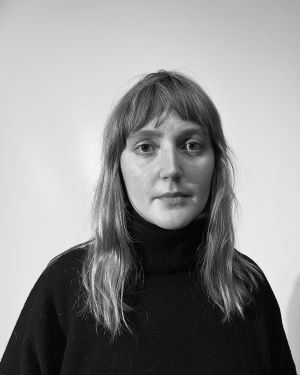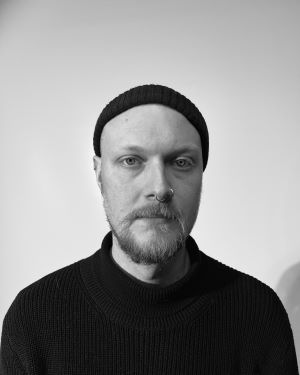Student work – video pieces

Cajsa Lemark, student on Visual communication
This film portrays the longing for death when life is no longer a life. The womens peace is in this video portrayed in the smoke, in death and in longing towards the end

Cajsa Lemark, student on Visual communication
This film portrays the longing for death when life is no longer a life. The womens peace is in this video portrayed in the smoke, in death and in longing towards the end
The names scrolling through are from the arrival lists of the women who were rescued from Ravensbrück via the Red Cross rescue operation, and in this film they all the women who lived during the time when they saw death as their salvation.
Poem written by Zofia Iwanicka
Pictures from K.W. Gullers via Nordiska museet
The movie Return
Return
Return
The names scrolling through are from the arrival lists of the women who were rescued from Ravensbrück via the Red Cross rescue operation, and in this film they all the women who lived during the time when they saw death as their salvation.

Måns Rohde Wittsell, student on Visual Communication
This video About good and bad death is created with the purpose of raising the voices of the women held captive in Ravenbrück. The person only known as H.G wrote: “The hope of finally being free from the existence they were forced to live in, no matter what it meant” in their poem About good and ba...

Måns Rohde Wittsell, student on Visual Communication
This video About good and bad death is created with the purpose of raising the voices of the women held captive in Ravenbrück. The person only known as H.G wrote: “The hope of finally being free from the existence they were forced to live in, no matter what it meant” in their poem About good and bad death.
The piece expresses the longing for this liberation in the form of death, something that is visualized through sketches inspired by sketches and texts found in the women's notebooks that they kept throughout the time in Ravensbrück and the evacuation in 1945. The different scenes in the video are based on stories of the time and symbolism in the poem.
Poem written by H.G.
the Movie About good and bad death
About good and bad death
About good and bad death
The different scenes in the video are based on stories of the time and symbolism in the poem. Poem written by H.G.
Ellen Ullman, student on Visual Communication
If you look back at any event, you rarely remember it in its entiery with all the details from beginning to end. You remember fragments, small seqences or snippets of an event.
Ellen Ullman, student on Visual Communication
If you look back at any event, you rarely remember it in its entiery with all the details from beginning to end. You remember fragments, small seqences or snippets of an event.
Music has an incredible ability to bring back memories, so the idea is to look at this film as memories brought back by music.
That is what I have tried to portray, with hand drawn animations and photographies that pictures scenes that took place during the time these women were held captive at Ravensbrück and their rescue in 1945. Brief moments that appear and just as quickly disappear again.
Poem written by Fela Cymerman.
Photo 1- Forced labor in the Ravensbrück. United States Holocaust Memorial Museum Photo Archives. Holocaust encyclopedia.
Photo 2: The rescue operation the white buses, Malmö Museer.
the Movie Do you remember the war, the camp and us
Do you remember the war, the camp and us
Do you remember the war, the camp and us
Music has an incredible ability to bring back memories, so the idea is to look at this film as memories brought back by music. That is what I have tried to portray, with hand drawn animations and photographies that pictures scenes that took place during the time these women were held captive at Ravensbrück and their rescue in 1945.


